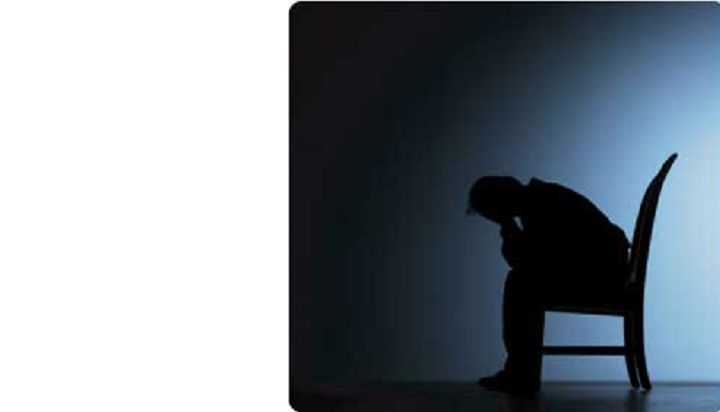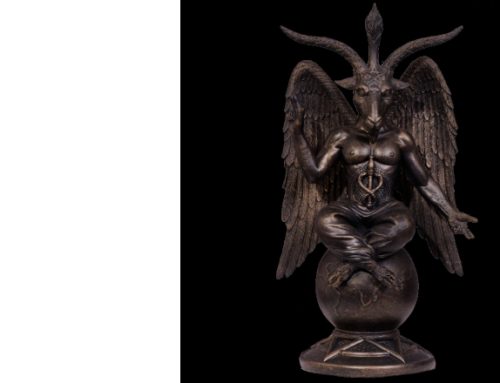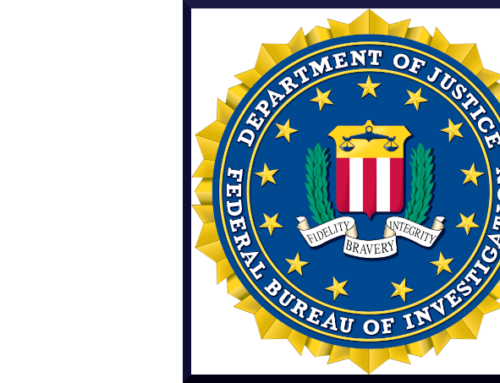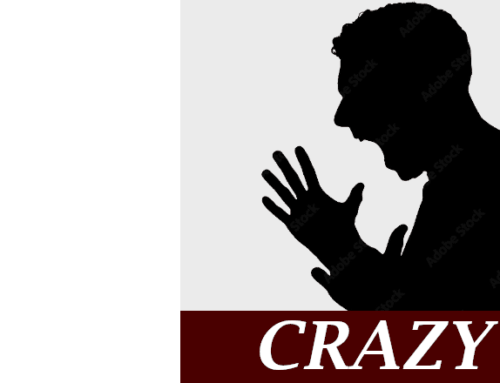Catholic League president Bill Donohue comments on how Covid-19 is affecting mental health:
Andrew Copson is the chief executive of Humanists UK. On August 27, he published a piece on the United Kingdom website, Politics, noting that coronavirus presents Brits with a novel challenge. “For the majority of Brits—more than 52% of whom identify as non-religious—this is the first time in living history that a crisis has been met without religion.”
Copson is right about that. But his celebratory tone is undercut by his inability to cite data that support the secular approach to the pandemic. There is a reason for this: there aren’t any.
At the end of June, there was a study published in the journal Brain, Behavior, and Immunity on how Covid-19 was affecting six nations, one of which was Britain. It concluded that depression and suicide have increased because of social isolation. In another study, led by Dr. Maria Loades, clinical psychologist at the University of Bath, researchers found that socially isolated children were suffering from high rates of depression and anxiety. The British Journal of Psychiatry concluded that in the early stage of the pandemic, “Self-harm, suicidal thoughts and abuse are already substantial problems in the UK.”
The Brits are not alone. In China, there has been a spike in depression, anxiety, insomnia, and distress, and this is especially true of women, nurses and those who treat patients with Covid-19. In the United States, there is a plethora of evidence to show how the pandemic has impacted on mental health problems.
A poll by the Kaiser Family Foundation found that nearly half of Americans report that Covid-19 is harming their mental health. The August edition of Psychiatry Research found that loneliness, depression and suicide ideation had all increased since the pandemic. Similarly, a report from Mental Health America found that in June, daily screenings for anxiety or depression were up more than 400% compared to January.
The Centers for Disease Control and Prevention said that in the last week of June, “U.S. adults reported considerably elevated adverse mental health conditions associated with COVID-19.” Even as early as March, the Disaster Distress Hotline for the Substance Abuse and Mental Health Service Administration saw a 891% increase in callers compared to the previous year.
In other words, the Washington Post was right to observe in May that the pandemic was “pushing America into a mental health crisis.” The same phenomenon is happening in the United Kingdom. Indeed, no nation has been spared.
This does not mean, however, that everyone is equally vulnerable. In virtually every study done on mental health, those who score high on religiosity (as measured by beliefs and practices) fare considerably better than their secular counterparts. The evidence is overwhelming.
No one knows this subject better than Dr. Harold J. Koenig. He is Professor of Psychiatry and Behavioral Sciences, and Associate Professor of Medicine, at Duke University. On May 8, the 2nd edition of the Handbook of Spirituality, Religion, and Mental Health was published by Koenig and David H. Rosmarin. They concluded, as Koenig found in two previous editions of this volume that he edited alone, those who take their religion seriously do better on mental and physical health measures than those who are without a religious affiliation.
Once the data are available on how religiosity has affected mental health during the Covid-19 pandemic, it is a sure bet that Mr. Copson’s current state of eudemonia will wane. He may even seek to convert, just to play it safe.







